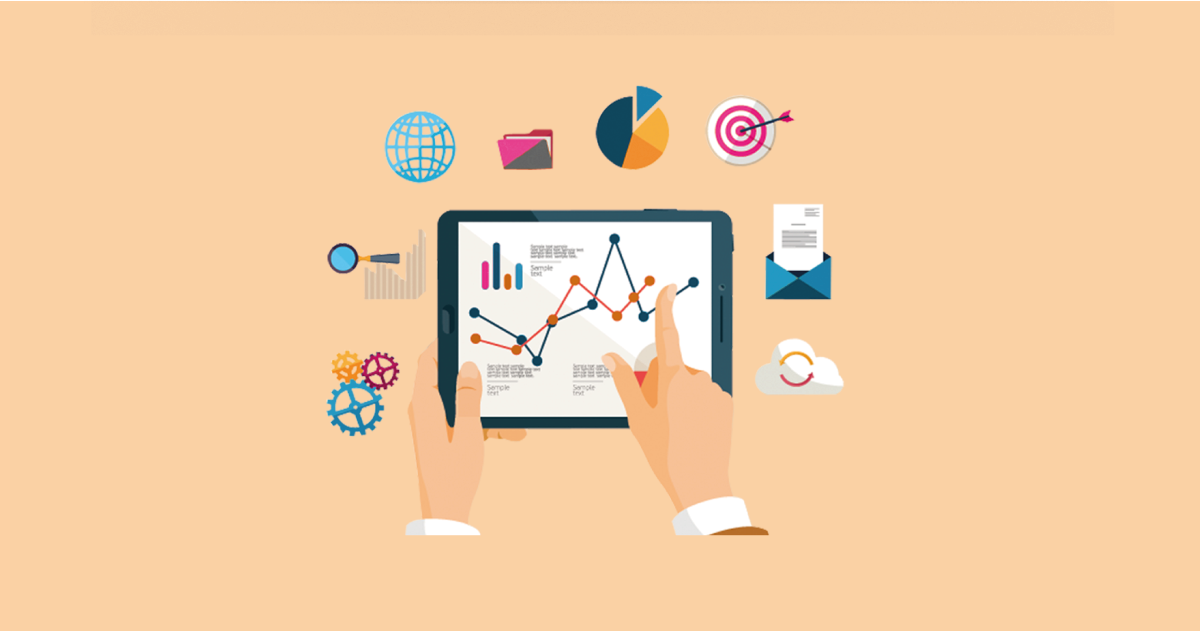In today’s competitive world, businesses can’t survive without understanding their market. Market research tools are the secret sauce that helps businesses make informed decisions. These tools simplify the process of collecting, analyzing, and interpreting data, giving businesses a competitive edge. But which tools are the best? Let’s dive into the top market research tools that can help you unlock valuable insights and take your business to the next level.
What Are The Top Market Research Tools?

Market research tools are software or platforms that help organizations gather and analyze data about their target markets. From understanding customer behavior to tracking competitors, these tools are essential for businesses looking to stay ahead in their industry.
Key Benefits
- Accurate Data Collection – Helps gather reliable information to make informed decisions.
- Understand Market Trends – Predict shifts and stay ahead of the competition.
- Customer Insights – Identify what your customers want and how to serve them better.
- Competitor Analysis – Stay updated on what competitors are doing and where you stand.
- Reduced Risk – Make confident business decisions backed by real data.
Types of Market Research Tools
Primary Research Tools
These tools are used to collect data directly from your target audience.
Surveys and Questionnaires
Platforms like SurveyMonkey and AIM Research allow businesses to create customized surveys to gather feedback.
Interviews and Focus Groups
Conducting interviews and focus groups helps gather qualitative data to understand customer needs.
Secondary Research Tools
Secondary tools help collect existing data from credible sources.
Industry Reports
Reports from trusted sources like NielsenIQ and Statista provide in-depth insights into market trends.
Online Analytics Tools
Platforms like Google Analytics and SEMrush track website traffic and competitor performance.
Top Market Research Tools
1. Google Trends
Key Features
- Tracks keyword popularity over time.
- Provides geographical data and related topics.
Benefits for Businesses
Google Trends is ideal for identifying trending topics and understanding consumer interests.
2. AIM Research
Key Features
- Easy-to-use survey templates.
- Customizable questionnaires for any business.
Use Cases
AIM Research helps businesses collect feedback from customers to improve products and services.
3. Qualtrics
What Makes It Stand Out?
Qualtrics excels in offering advanced survey tools with powerful analytics.
Who Should Use It?
Businesses and researchers looking for in-depth data analysis and reporting.
4. SEMrush
Key Features for Competitor Analysis
- Keyword research and SEO insights.
- Tracks competitors’ traffic and online performance.
Benefits for Digital Marketing
SEMrush is perfect for improving your SEO strategy and staying ahead of competitors.
5. Statista
Data Insights for Market Trends
Statista provides access to data on various industries worldwide.
Industry-Specific Analysis
From consumer preferences to industry forecasts, Statista is a goldmine for businesses.
6. HubSpot
Key Features for CRM and Research
- Combines customer relationship management with marketing insights.
Marketing and Sales Insights
HubSpot helps you understand customer journeys and streamline your marketing efforts.
7. Tableau
Powerful Data Visualization
With Tableau, businesses can transform raw data into interactive, easy-to-understand visuals.
User-Friendliness
Even non-tech users can create insightful dashboards effortlessly.
8. AIM Insights
Social Media Listening
AIM Insights tracks conversations across social platforms to understand brand perception.
Real-Time Consumer Insights
Get real-time data on what consumers are saying about your business or competitors.
9. Typeform
Engaging Survey Creation
Typeform stands out for its visually appealing and interactive survey formats.
Usability for All Businesses
Perfect for startups, small businesses, and large enterprises alike.
10. NielsenIQ
Consumer Insights for Businesses
NielsenIQ focuses on delivering actionable consumer insights to drive business growth.
Applications Across Industries
From FMCG to retail, NielsenIQ is trusted by companies worldwide.
How to Choose the Right Market Research Tool?
- Budget and Business Needs – Assess your budget and choose a tool that meets your needs.
- Ease of Use – Tools like SurveyMonkey and Google Trends are beginner-friendly.
- Features – Ensure the tool has features like analytics, surveys, and reporting that match your goals.
Tips for Effective Market Research
- Use a mix of primary and secondary tools.
- Regularly analyze trends and update your research.
- Focus on actionable insights rather than raw data.
Case Study: Leveraging Market Research Tools for Business Growth
In today’s highly competitive marketplace, businesses are looking to gain deeper market insights. However, managing and conducting research for the target audience, competitors, and market is impossible. A company had recognized these challenges and decided to take better action. Through integrating a market research tool to be able to gather different insights through one channel. To be able to understand the changes in the customer’s interests and the new trends that occur in the market. Helping the company to stay competitive in the market and manage its product development.
The Challenge: Navigating a Changing Market Landscape
Despite having a strong customer base and a very good reputation in the market. They were facing some challenges with the decline in customer retention rates. Although they had a customer feedback system that included feedback forms. It wasn’t enough to get deeper insights, to know the customer’s pain points. As the normal traditional reports didn’t provide the brand with timely or detailed pieces of information. The company found that its competitors were offering new products that match the interests of the audience. Which was challenging because they weren’t able to get real-time insights about the market trends.
The Strategy: Embracing a Data-Driven Approach
The company decided to implement a multi-faceted approach to conduct the market research. By depending on two main approaches for the research, to collect and analyze the primary and secondary data of their target customers.
- Primary Research: Surveys and Feedback
The company depended on a leading survey platform that allowed them to create a customized survey. Enabling them to target different segments of the target customers, such as frequent buyers, one-time customers, and potential customers. These surveys allowed the company to gather data about the customers’ preferences and the improvements that they wanted to see.
- Secondary Research: Competitor and Market Insights
The company implemented a competitor’s research to understand their competitor’s strategies in the market. They tracked the different competitors’ metrics, including their social media performance, customer engagement, and market position. This helped the company identify the gaps in the performance and find a market opportunity to differentiate. After tracking competitors, the company made some adjustments to its strategies and products to keep up with the industry updates.
- Social Media Monitoring for Real-Time Feedback
The company depended on a social media monitoring tool to be able to track the customer’s mentions for the brand in real time. In addition to tracking the industry’s new trends, and the new topics that the customers are interested in. This monitoring included all the available social media platforms where the company is active. The tool enabled the company to identify the sudden changes in the customer’s preferences. It helped in reaching the customers faster and enhanced the engagement throughout the online platforms. To stay aware of the new influencers and collaborate with the right ones.
Conclusion
Market research tools are the backbone of data-driven decisions. From surveys to competitor analysis, these tools help businesses stay ahead of the curve. By choosing the right tools, you can unlock powerful insights and drive growth in your business. Start exploring these tools today and watch your business thrive.
Want to see how these tools can specifically benefit your business? Request a demo from AIM Technologies today and unlock the power of tailored market insights.
FAQs
1. What is the most popular market research tool?
Google Trends is one of the most widely used tools for tracking trends and consumer interests.
2. How can market research tools help small businesses?
They help small businesses understand their audience, optimize strategies, and compete effectively.
3. Are market research tools expensive?
Many tools, like Google Trends and Typeform, offer free or affordable options.
4. Which tool is best for data visualization?
AIM Research is highly recommended for its powerful and user-friendly data visualization features.
5. Can market research tools analyze social media trends?
Yes, tools like AIM Insights specialize in social media listening and trend analysis.




